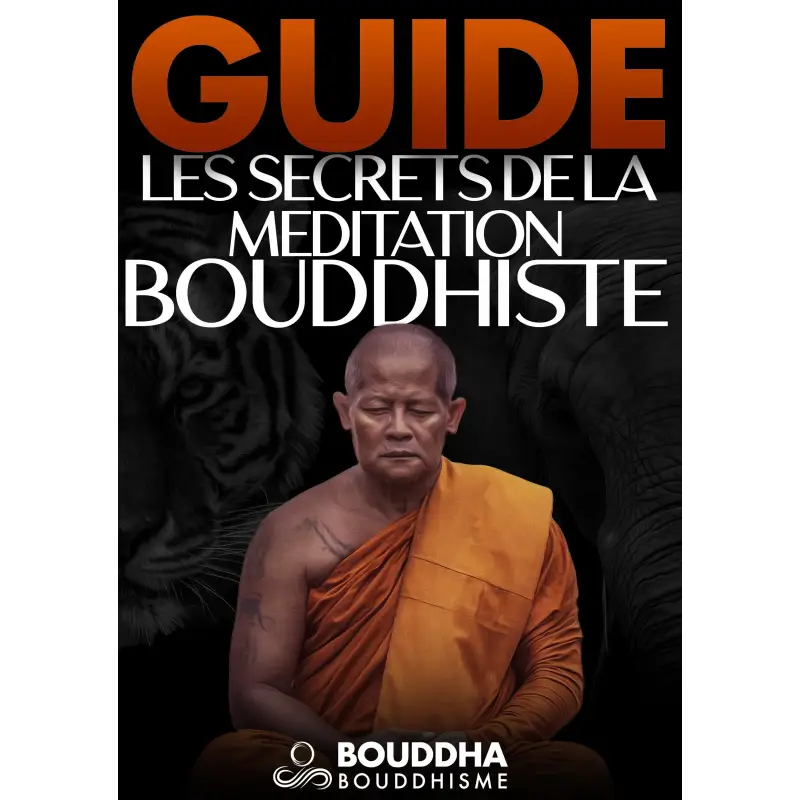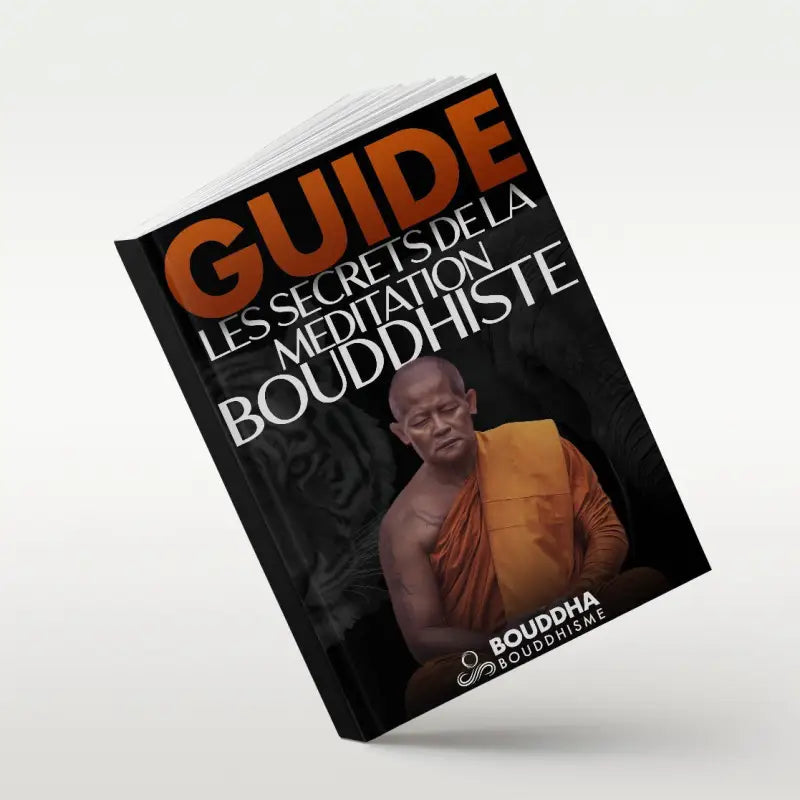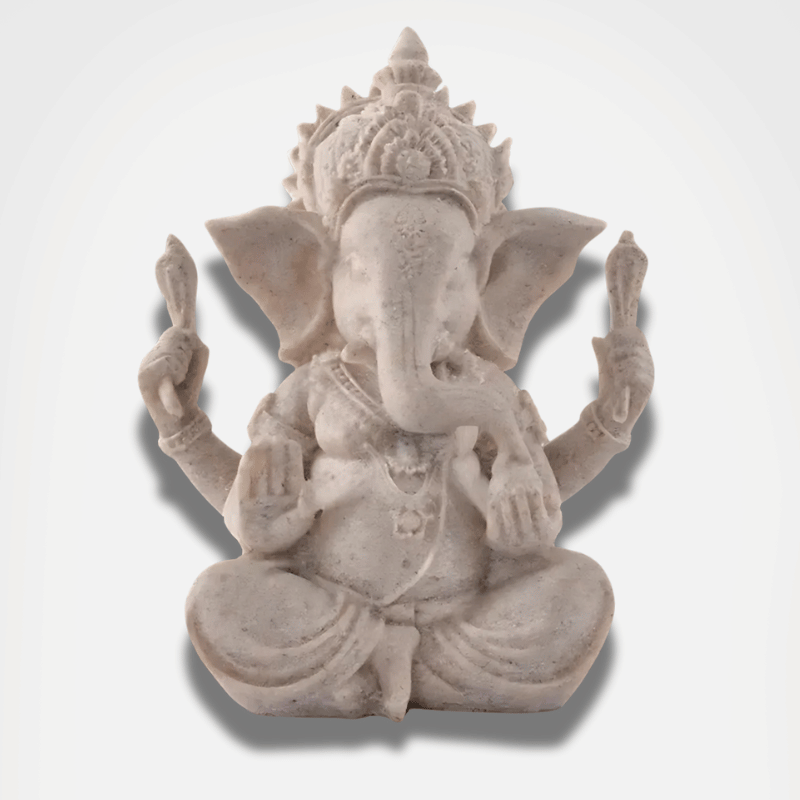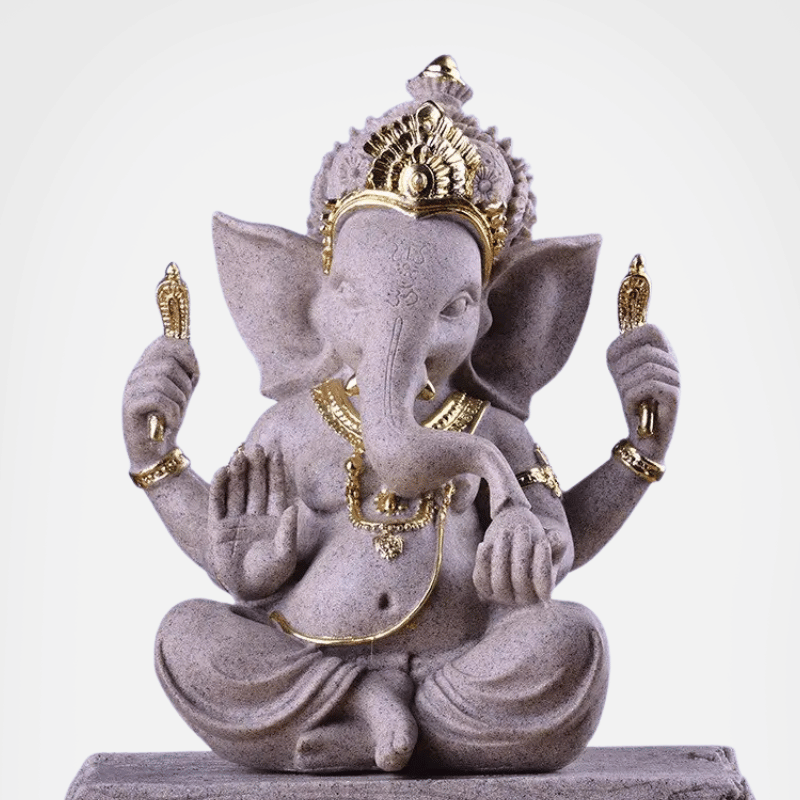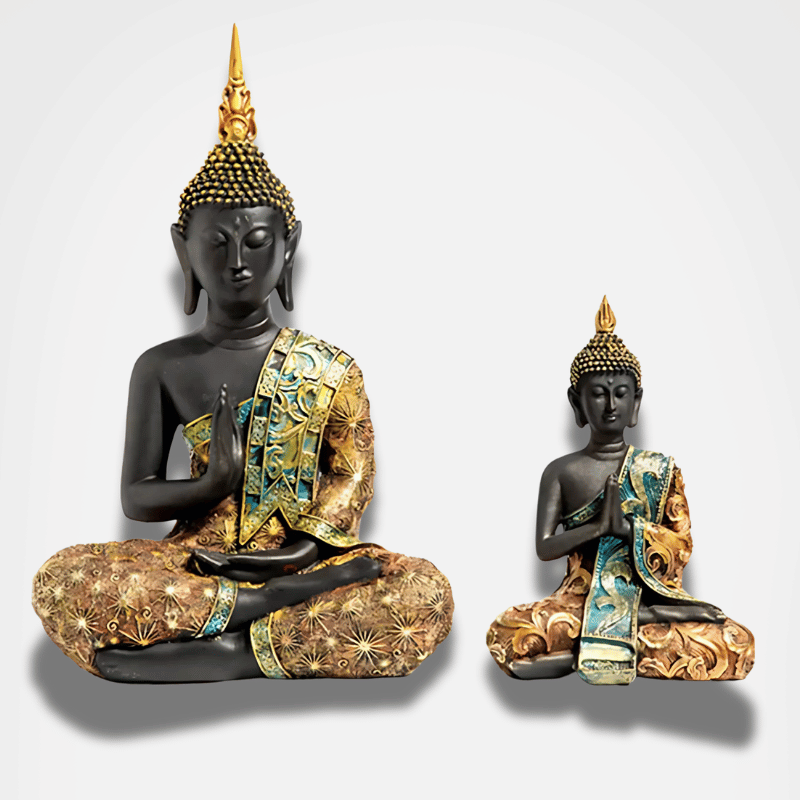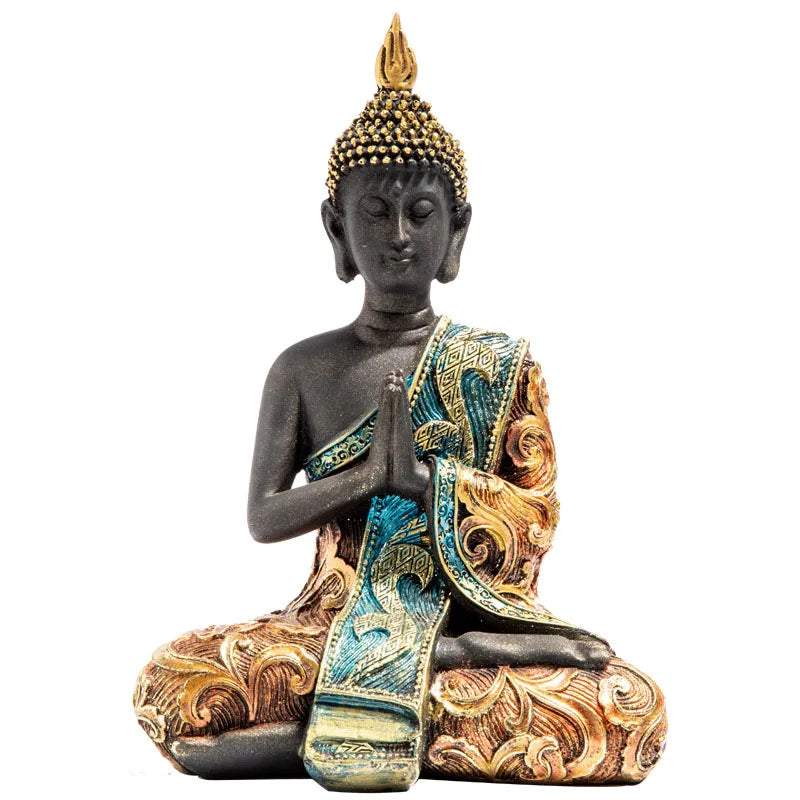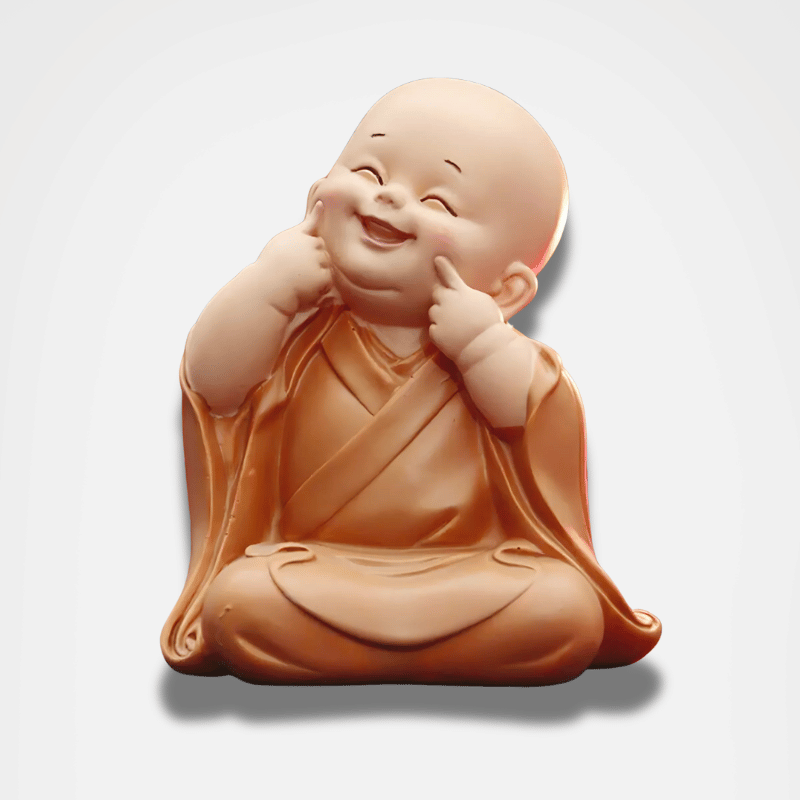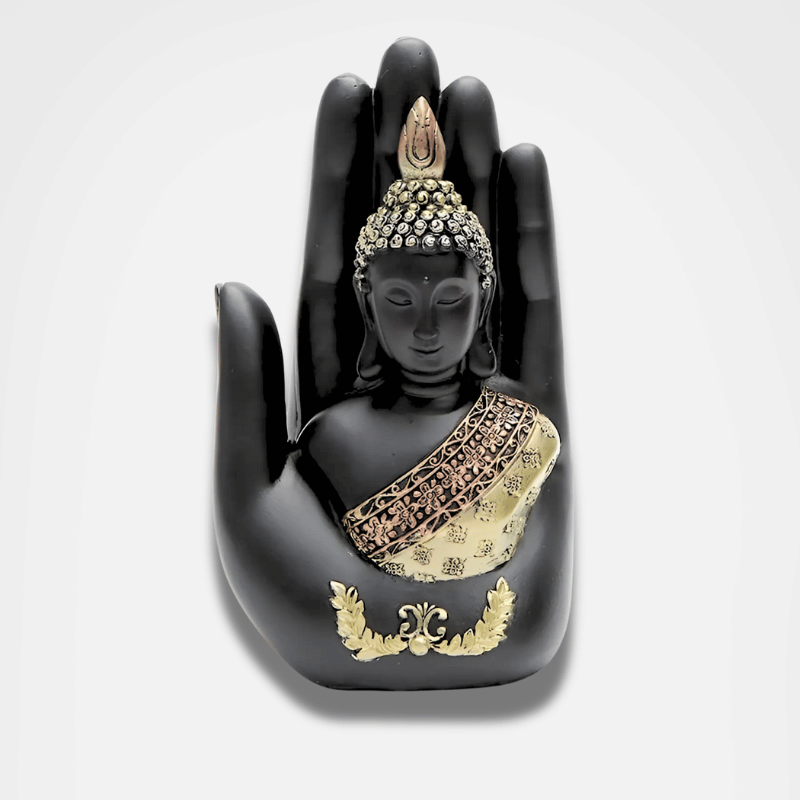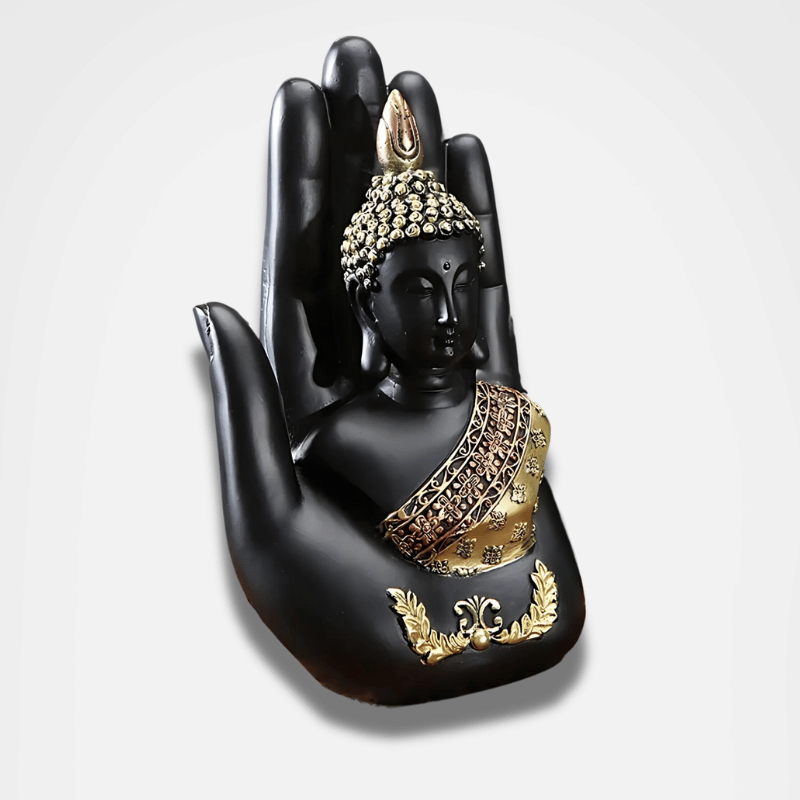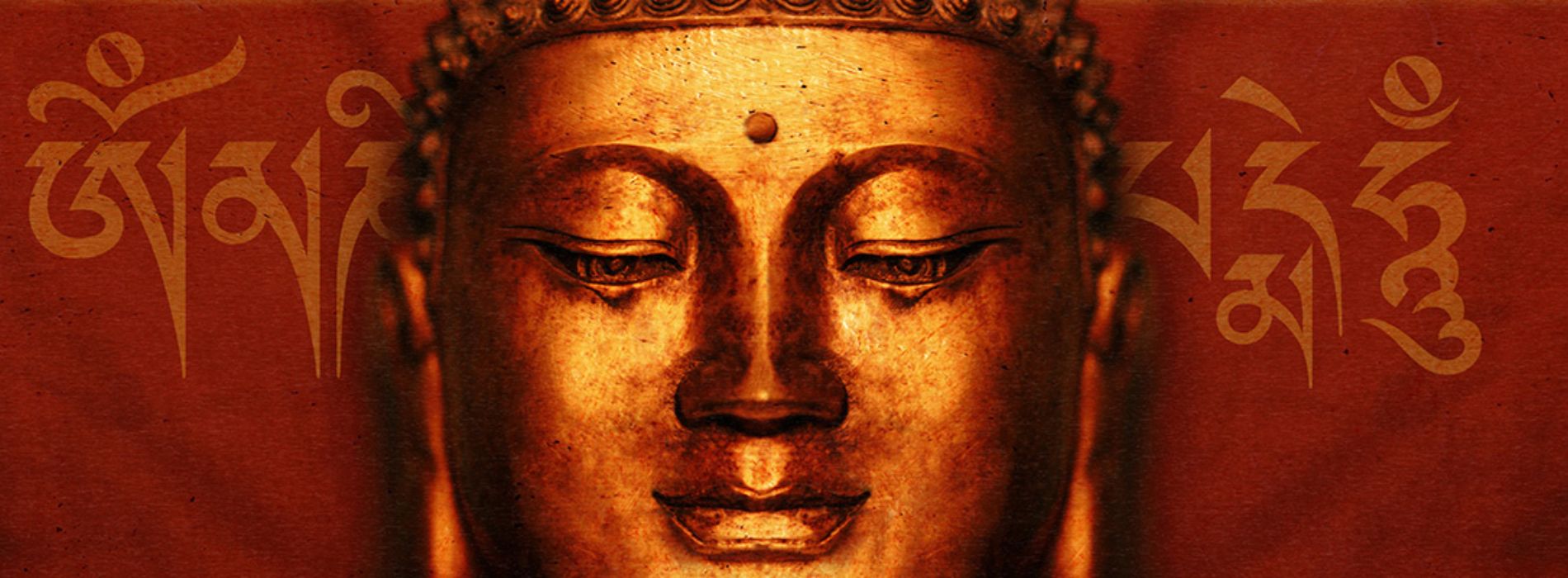What is the spiritual guide to Buddhism?
Meditation: an essential practice for Buddhists
Meditation is a central aspect of Buddhism. It allows Buddhists to connect with their inner self and achieve spiritual enlightenment. By practicing meditation, followers of Buddhism seek to develop a deep awareness of their mind and body. They use different meditation techniques, such as sitting meditation, walking meditation or mindfulness meditation.
Meditation helps calm the mind, free oneself from negative thoughts and cultivate positive states of mind such as compassion and kindness towards oneself. -myself and others. It also helps develop concentration, mental clarity and wisdom. For Buddhists, meditation is therefore a valuable tool to connect with their inner spiritual guide and advance on the path to awakening.
Vipassana meditation
Vipassana meditation is one of the most commonly practiced forms of meditation by Buddhists. It is characterized by careful observation of physical and mental sensations. Practitioners of Vipassana meditation seek to develop deep mental clarity by examining sensations objectively, without judgment or attachment. This practice helps cultivate a deep understanding of the impermanent nature of all experience and develops wisdom.
Vipassana meditation was transmitted by the Buddha himself and is practiced in many meditation centers around the world. It can be undertaken as part of intensive, multi-day meditation retreats or practiced regularly on a daily basis. For Buddhists, Vipassana meditation is a powerful path to connecting with their inner spiritual guide and progressing on the path to awakening.
Vipassana meditation can be practiced by everyone, regardless of their religion or beliefs. It offers a path to full awareness, inner peace and personal development.
Zen meditation
Zen meditation is a very popular form of meditation among Buddhists. It is often associated with the tradition of Zen Buddhism, which emphasizes the direct experience of spiritual awakening. Practitioners of Zen meditation seek to develop mindful presence and total awareness of the present moment.
Zen meditation can be practiced sitting in the lotus position or on a chair, keeping the mind focused on breathing or on an enigmatic question called a "koan". Zen meditation aims to transcend the duality between body and mind, to realize the emptiness of all existence and to access a state of serenity and clarity.
Zen meditation is taught in many Buddhist temples and monasteries around the world. It offers a powerful way to connect with your inner spiritual guide and progress on the path to awakening.
The teachings of Buddhism: the path of Dharma
The Dharma is an essential element of Buddhism. It refers to the teachings of the Buddha, which have been passed down from generation to generation for over 2500 years. The teachings of Dharma offer Buddhists wisdom and valuable guidance for cultivating compassion, wisdom and spiritual liberation.
The teachings of the Dharma are transmitted through sacred texts called "sutras". These sutras contain the words of the Buddha and address a variety of topics related to the nature of reality, suffering, enlightenment, and the practice of Buddhism. Buddhists study the sutras and apply their teachings in their daily lives.
The Four Noble Truths
The Four Noble Truths are one of the fundamental teachings of Buddhism. They are considered the basis for understanding suffering and the path to liberation. The Four Noble Truths are:
- The truth of suffering: life is suffering.
- The truth of the origin of suffering: suffering comes from desire and attachment.
- The truth of the cessation of suffering: It is possible to end suffering by transcending desire and attachment.
- The truth of the path to the cessation of suffering: the Noble Eightfold Path is the path that leads to liberation from suffering.
The Four Noble Truths are meditated on and reflected upon by Buddhists in order to develop a deep understanding of reality and transform their relationship with suffering and happiness.
compassion and kindness
Compassion and Kindness are central values of Buddhism. Buddhists are encouraged to cultivate these qualities in themselves and in all sentient beings. compassion consists of feeling the suffering of others and feeling the desire to relieve it, while kindness is a feeling of love and kindness towards others. p>
Buddhists believe that compassion and kindness are powerful forces that contribute to peace and happiness in the world. They practice specific meditations to cultivate these qualities, such as compassion meditation and loving kindness meditation. By developing compassion and kindness, Buddhists get closer to their inner spiritual guide and work towards spiritual awakening.
The role of the spiritual guide in Buddhism
In Buddhism, the spiritual guide occupies an important place. He may be a monk, a nun or a qualified teacher who guides practitioners on their spiritual journey. The spiritual guide offers teachings, guidance and support to Buddhists to help them develop their practice and progress on the path to enlightenment.
The spirit guide also plays a role in transmitting initiations and special blessings, as well as supervising the followers' meditation practices. It is considered a source of inspiration and wisdom for Buddhists and can help them overcome difficulties and obstacles on the spiritual path.
The relationship with the spiritual guide
The relationship between a Buddhist and his spiritual guide is based on trust, respect and devotion. Buddhists consider their spiritual guide to be an enlightened being or a manifestation of the wisdom and compassion of the Buddha. They seek to connect with their inner spiritual guide through practices such as meditation, reflection and prayer.
Buddhists may also seek specific advice from their spiritual guide regarding challenges and problems encountered in their daily lives or on the path to Buddhist practice. The relationship with the spiritual guide is therefore a valuable and profound relationship that supports the spiritual growth of Buddhists.
However, it is important to note that Buddhism also emphasizes individual autonomy and personal experience. Buddhists are encouraged to cultivate their own wisdom and not to depend solely on their spiritual guide. The relationship with the spiritual guide is a means of support and guidance on the path to awakening, but each Buddhist is responsible for his own spiritual journey.
Conclusion: Cultivate meditation, follow the teachings and find a spiritual guide in Buddhism
Buddhism offers a rich and profound path for those seeking a spiritual guide. Meditation is a key practice for connecting with your inner spiritual guide and developing wisdom and compassion. The teachings of Buddhism, such as the Four Noble Truths, offer a guide to understanding suffering and achieving liberation. The spiritual guide, whether a monk, nun or qualified teacher, plays a valuable role in guiding and supporting Buddhists on their spiritual path. By cultivating meditation, following the teachings, and finding a spiritual guide, Buddhists can advance on the path to enlightenment and find inner peace and happiness.



